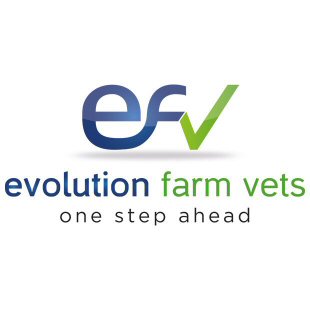Johne's disease can infect any ruminant, and sheep and goats are not excepted. The agent is the same as Johne's disease in cattle (Mycrobacterium avium subsp. paratuberculosis), although strains of bacterium differ between the species. Goats are susceptible to the same strain as cattle (strain II). Sheep are susceptible to strains I and III. The bacterium is excreted in faeces and survives up to 12 months in the environment. Kids and lambs are usually infected in the first 3 weeks of life, but clinical signs are not seen until after an incubation period of approximately 3 years. Clinical signs include:
- progressive weight loss
- lethargy
- anaemia
- hypoproteinaemia
- diarrhoea is not commonly seen
Diagnosis is very difficult ante mortem as there are no high sensitivity/high specificity tests. Serology can be completed from a clotted blood sample, or a smear for acid-fast bacteria can be completed from faeces. Culture of faeces is slow but is useful to confirm presence of the agent. At post mortem the mesenteric lymph nodes can be seen to be enlarged and oedematous. Histopathological examination of the mucosa of the ileo-caeco-colic region would reveal thickening. There is no treatment for this progressive and debilitating condition. Once Johne's infects a farm it can be difficult to control the spread.
- snatch lambs/kids immediately after birth and feed milk/colostrum replacements
- do not use pooled colostrum on any of the lambs/kids
- routine faecal culture can identify further cases
- removal of faeces from lambing/kidding environment
- it is unknown if the bovine vaccine would be efficacious in small ruminants
If your farm is currently free from Johne's, it would be wise only to buy replacement stock from flocks/herds which are accredited free from disease.
